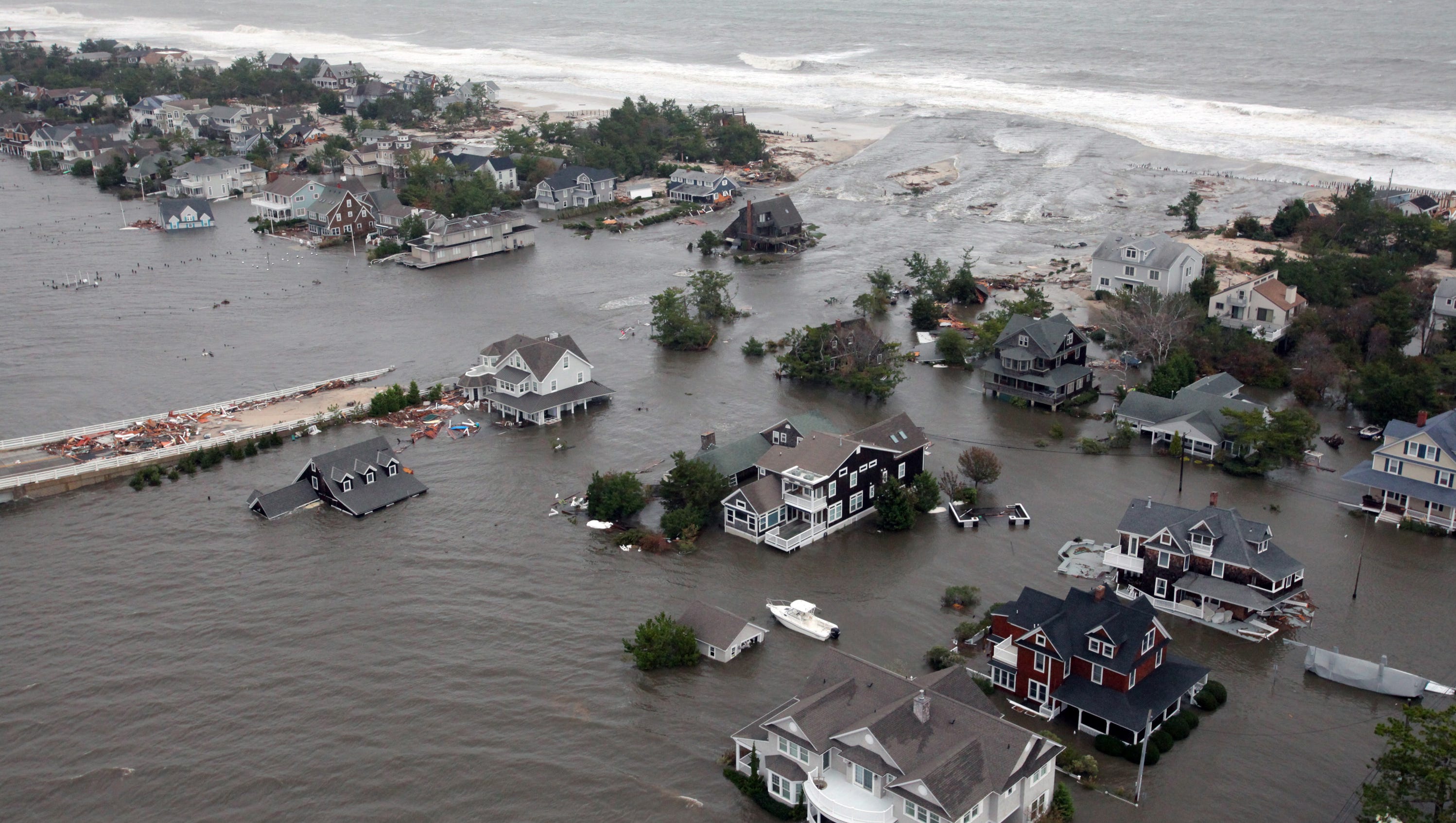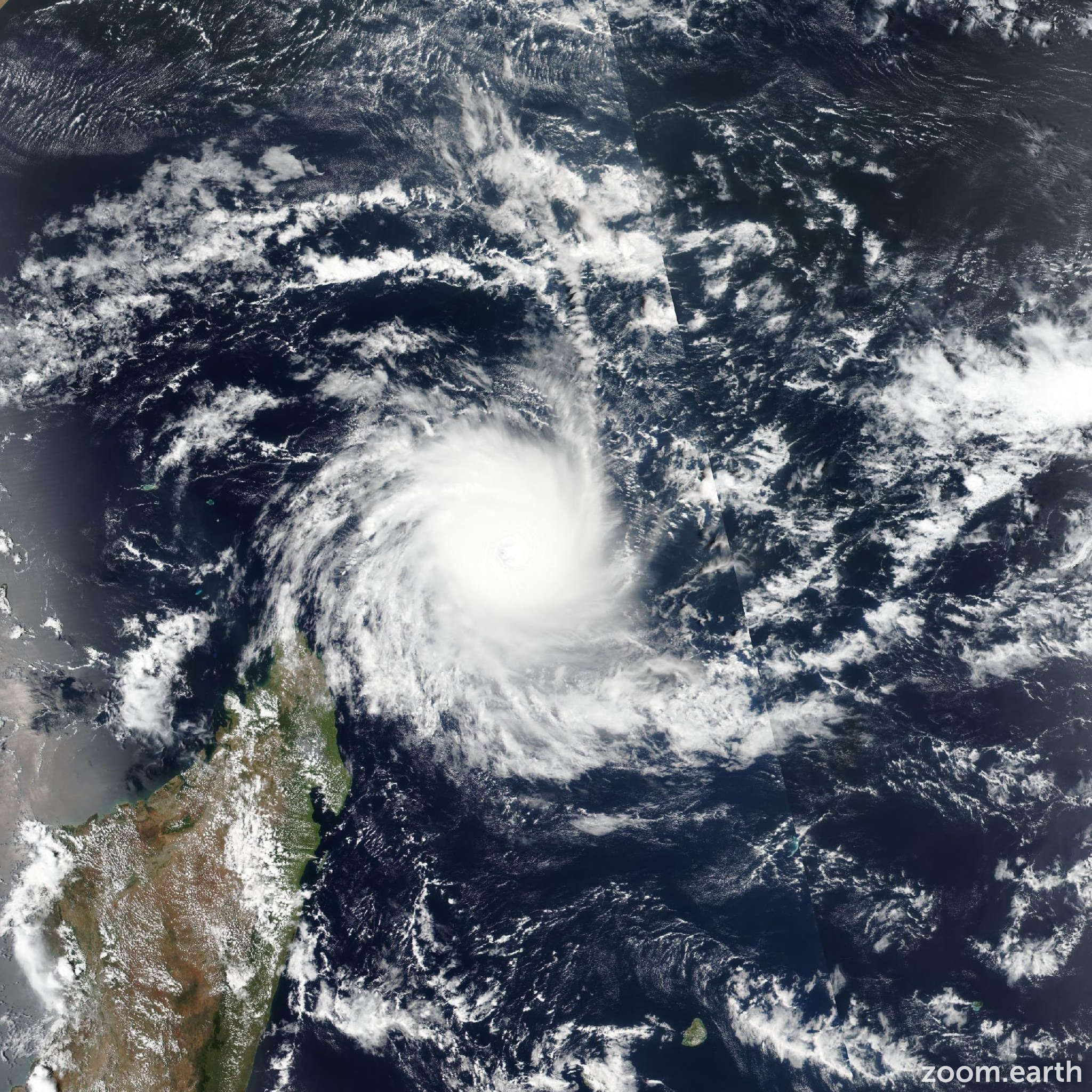Tropical Storm Chido: Impacts And Implications For Coastal Communities
Tropical Storm Chido: Impacts And Implications For Coastal Communities
Editor's Notes: "Tropical Storm Chido: Impacts And Implications For Coastal Communities" have published today date. Given the recent landfall of Tropical Storm Chido, it is important for coastal communities to be aware of the potential impacts and implications of the storm. This guide will provide an overview of the storm's track, its potential impacts, and the implications for coastal communities.
Our team has done some analysis, digging information, made Tropical Storm Chido: Impacts And Implications For Coastal Communities we put together this Tropical Storm Chido: Impacts And Implications For Coastal Communities guide to help target audience make the right decision.
Key differences or Key takeaways
Transition to main article topics
FAQ
This FAQ section provides answers to frequently asked questions (FAQs) on the impacts and implications of Tropical Storm Chido, which has a potential effect on coastal communities.

Rising seas from climate change threaten 300,000 coastal homes in U.S. - Source www.azcentral.com
Question 1: What are the immediate impacts of Tropical Storm Chido on coastal communities?
Tropical Storm Chido may cause various immediate impacts on coastal communities, including flooding, storm surges, landslides, power outages, property damage, and disruptions to daily life and essential services. Severe weather conditions such as heavy rains, strong winds, and high waves can pose risks to infrastructure, homes, and human life.
Question 2: What are the long-term implications of Tropical Storm Chido on coastal communities?
The long-term implications of Tropical Storm Chido on coastal communities may include changes to the landscape, such as erosion, sediment deposition, and alterations to coastal ecosystems. The storm may also cause damage to critical infrastructure, disruption of industries like tourism and fishing, and displacement of communities due to uninhabitable conditions. Understanding the potential long-term impacts is crucial for planning and implementing sustainable recovery and adaptation strategies.
Question 3: What measures are being taken to mitigate the impacts of Tropical Storm Chido?
To mitigate the impacts of Tropical Storm Chido, coastal communities are implementing various measures, including issuing alerts and warnings, evacuating residents from vulnerable areas, securing infrastructure and property, and preparing emergency response teams. Governments and organizations are working to minimize the potential damage and loss by providing timely information, coordinating relief efforts, and supporting affected communities.
Question 4: What can coastal communities do to prepare for future storms?
Coastal communities can prepare for future storms by investing in resilient infrastructure, developing comprehensive emergency plans, implementing building codes that withstand extreme weather events, promoting public awareness and education, and strengthening community collaboration. These proactive measures help reduce the vulnerability of coastal areas and enhance the ability to respond effectively to future storms.
Question 5: How can the international community support coastal communities affected by Tropical Storm Chido?
The international community can support coastal communities affected by Tropical Storm Chido through humanitarian aid, technical assistance, and capacity building initiatives. Providing resources, expertise, and partnerships can help affected communities rebuild, recover, and enhance their resilience to future storms. Collaboration and knowledge sharing among coastal communities worldwide are essential for advancing sustainable practices and improving disaster risk reduction strategies.
Question 6: What role does climate change play in the impacts of Tropical Storm Chido?
Climate change influences the intensity and frequency of extreme weather events like tropical storms. Rising sea levels, changes in precipitation patterns, and warmer ocean temperatures contribute to the severity and potential impacts of storms, making coastal communities more vulnerable. Understanding the role of climate change is crucial for developing long-term adaptation and mitigation strategies to enhance the resilience of coastal communities.
In conclusion, Tropical Storm Chido highlights the importance of disaster preparedness, community resilience, and international collaboration in mitigating the impacts of extreme weather events on coastal communities.
For further information and updates on Tropical Storm Chido, please refer to the following resources: Tropical Storm Chido: Impacts And Implications For Coastal Communities
Tips
Coastal communities should take proactive steps to prepare for the potential impacts of tropical storms. These tips provide guidance on how to mitigate risks and minimize damages:
Tip 1: Develop a comprehensive emergency plan
Create a plan that outlines evacuation routes, shelters, and communication procedures. Identify potential hazards and develop strategies to address them.
Tip 2: Secure property and belongings
Reinforce windows and doors, move valuable items to higher ground, and secure outdoor furniture and equipment. Consider flood-proofing measures to protect against potential water damage.
Tip 3: Stay informed and monitor weather forecasts
Follow official weather updates and warnings. Monitor tropical storm tracks and adjust plans accordingly. Stay alert to potential changes in conditions and take action promptly.
Tip 4: Prepare an emergency kit
Gather essential supplies such as food, water, first aid, medications, and important documents. Keep the kit readily accessible and consider storing it in a waterproof container.
Tip 5: Plan for evacuation
Identify evacuation routes and designate a meeting place outside the affected area. Practice evacuation procedures with family members to ensure everyone knows what to do in an emergency.
Tip 6: Protect electrical equipment and infrastructure
Surges and power outages can occur during tropical storms. Protect valuable electronics by unplugging them or using surge protectors. Elevate electrical equipment off the ground to avoid water damage.
Tip 7: Be aware of potential hazards
Tropical storms can bring strong winds, heavy rains, and storm surge. Stay alert to potential hazards such as fallen trees, power lines, and flooding. Avoid driving through flooded areas and seek shelter in a safe location.
Tip 8: Seek professional assistance if needed
If you encounter significant damage or need assistance, contact local authorities, insurance providers, or volunteer organizations. Professional help can expedite recovery efforts and minimize long-term impacts.
By following these tips, coastal communities can enhance their resilience to tropical storms and mitigate potential risks. Continuous preparation and vigilance are crucial for safeguarding lives, property, and infrastructure.
Tropical Storm Chido: Impacts And Implications For Coastal Communities
Tropical Storm Chido, a recent weather event, has brought significant impacts to coastal communities. This article examines the essential aspects of this storm and explores its implications for these communities.
- Coastal Erosion: Storm surges and high waves erode beaches and dunes, damaging infrastructure.
- Flooding: Heavy rainfall and storm surge cause flooding, displacing residents and damaging property.
- Infrastructure Damage: Storm winds and flooding damage critical infrastructure such as bridges, roads, and power lines.
- Economic Losses: Coastal communities rely on tourism and fishing. Storm impacts disrupt these industries, leading to economic losses.
- Environmental Impacts: Storm surges and flooding can damage coastal ecosystems, including coral reefs and mangroves.
- Long-Term Implications: Coastal communities face ongoing risks from future storms. Adaptation and mitigation strategies are crucial.
The impacts of Tropical Storm Chido highlight the vulnerability of coastal communities to extreme weather events. Understanding these aspects is essential for developing comprehensive disaster preparedness and mitigation plans to protect these communities and their livelihoods.

BISAGH.BLOGSPOT.COM: Climate change impacts - Source bisagh.blogspot.com
Tropical Storm Chido: Impacts And Implications For Coastal Communities
Tropical Storm Chido brought torrential rains and high winds to coastal communities, causing widespread damage and flooding. The storm surge flooded homes and businesses, leaving many residents without power or access to clean water. The storm also caused significant erosion, which could lead to further damage to coastal property in the future.

Tropical Storm Chido LIVE Tracker, Updates & Forecast | Zoom Earth - Source zoom.earth
The impacts of Tropical Storm Chido highlight the vulnerability of coastal communities to extreme weather events. As the climate changes, these events are becoming more frequent and intense. Coastal communities need to take steps to prepare for these events, such as building seawalls and levees, and developing evacuation plans. They also need to work together to share resources and information, and to help each other recover from these events.
The practical significance of understanding the connection between Tropical Storm Chido and coastal communities is that it can help us to better prepare for and mitigate the impacts of these events. By understanding the causes and effects of these storms, we can develop more effective strategies to protect our communities and our way of life.
Coastal communities around the world are facing the increasing threat of extreme weather events. Tropical Storm Chido is just one example of the many storms that have caused widespread damage and flooding in recent years. As the climate changes, these storms are becoming more frequent and intense. Coastal communities need to take steps to prepare for these events, and to work together to share resources and information. By understanding the connection between Tropical Storm Chido and coastal communities, we can better prepare for and mitigate the impacts of these events.
Conclusion
Tropical Storm Chido was a powerful storm that caused significant damage to coastal communities. The storm's impacts highlight the vulnerability of these communities to extreme weather events. As the climate changes, these events are becoming more frequent and intense. Coastal communities need to take steps to prepare for these events, such as building seawalls and levees, and developing evacuation plans.
The importance of understanding the connection between Tropical Storm Chido and coastal communities is that it can help us to better prepare for and mitigate the impacts of these events. By understanding the causes and effects of these storms, we can develop more effective strategies to protect our communities and our way of life.
Tidak ada komentar